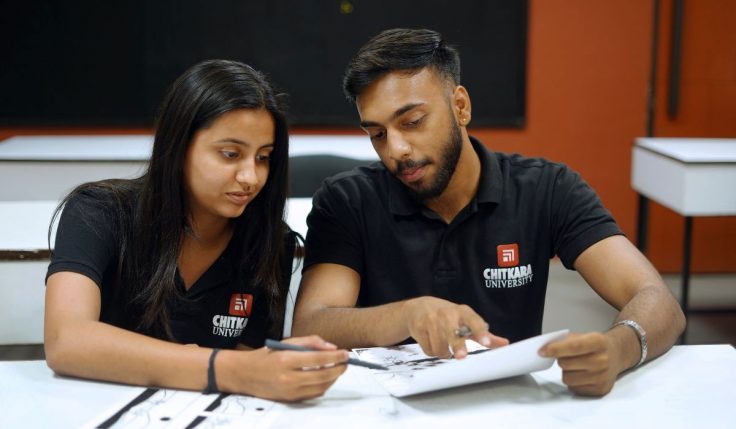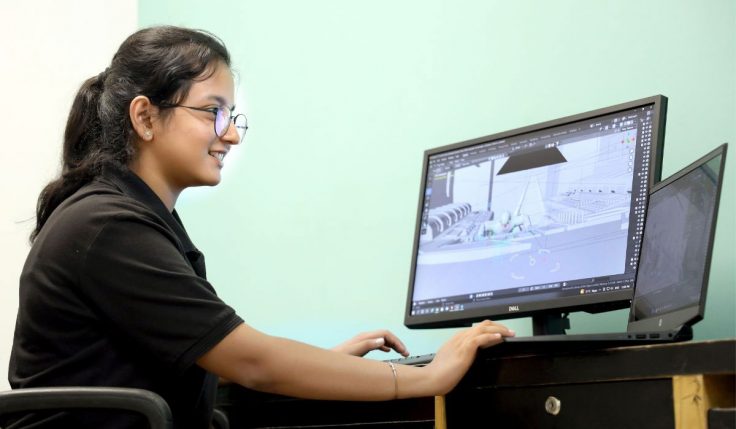Artificial intelligence in the field of fashion is all set to change the way in which important divisions function. Starting from design to manufacturing, logistics, supply chain, and marketing, AI will play a big role in changing the fashion industry.
Automated shopping experiences to avoid actual fittings enable AI to change how one shops and interacts with fashion. AI also offers insights into customer behaviour and empowers fashion entrepreneurs to create more relevant and targeted marketing campaigns. All in all, the fashion industry is seeing and will continue to see major changes because of AI.
In this blog, we will discuss some ways in which artificial intelligence can change the future of fashion. Keep reading to know more.
Apparel Manufacturing: When it comes to apparel manufacturing, it is a highly labour intensive industry as it includes sourcing, sizing, grading, pattern efficiency, sewing, packing , shipping to sorting dresses which are typically mundane tasks that AI can now perform at a quick speed.
The AI-enabled machines can easily stitch the fabrics with mastery and also see faults in the fabric to offer quality assurance. The technology goes on to ensure proper colour matching. In fact, mass customization will be enabled through AI.
Personalized Shopping Experience: The entire process of online shopping now involves multiple choices which often leads to the shoppers getting overwhelmed with the choices. A perfect solution to this problem is personalization which is an engaging method to show products to customers.
AI uses machine learning for remembering and analyzing shopping history, page clicks, likes, shares, purchases, and even the times a page is visited to understand the interest that the public shows in products. AI then customizes the recommendations to the interests and habits of all individual customers.
Fashion Retail: AI in retail also offers an automated solution for tracking the customer’s activities during shopping and visualizing the sentiments to understand what kind of products they wish to purchase and what to ignore, to plan a lean inventory .
AI can also monitor footfalls in retail shops and e-commerce too , and record the shopping experience of customers with an option to get feedback on how did the experience go while shopping at the retail shops so that the services can be improved.
Fashion Styling: Using AI in fashion allows everyone to find good outfits that suit everyone’s body type and fashion preferences. The AI clothes do not just get tailored for occasions but also for style, body type, colors, and fashion trends.
An AI-based personal stylist uses computer vision-based and 3D reconstruction technology for making a 3D avatar of the customers. The measurement data finally gets loaded into the AI software for analyzing the body shape with identical body mass, shape, size, and color.
Smart Mirrors: An AI-powered smart mirror is used by retail stores for simplifying the shopping experience of customers with the virtual visualization of clothes. These mirrors give a sense of how the clothes look on you without the customers actually having to wear them.
The smart mirrors get installed in the changing rooms with touch screen glasses that can relay information on if the person is inside or not. They also help in getting information about an item that the customer may have brought into the store.
Using the mirror, customers can easily see the different sizes and color options while receiving personalized mix-and-match to complete the look.
Conclusion:
The impact of AI on fashion can make the industry a lot smarter and more intelligent in understanding the preferences of customers. In the future, it will definitely have a constructive impact on the fashion industry which will be collectively empowering.






